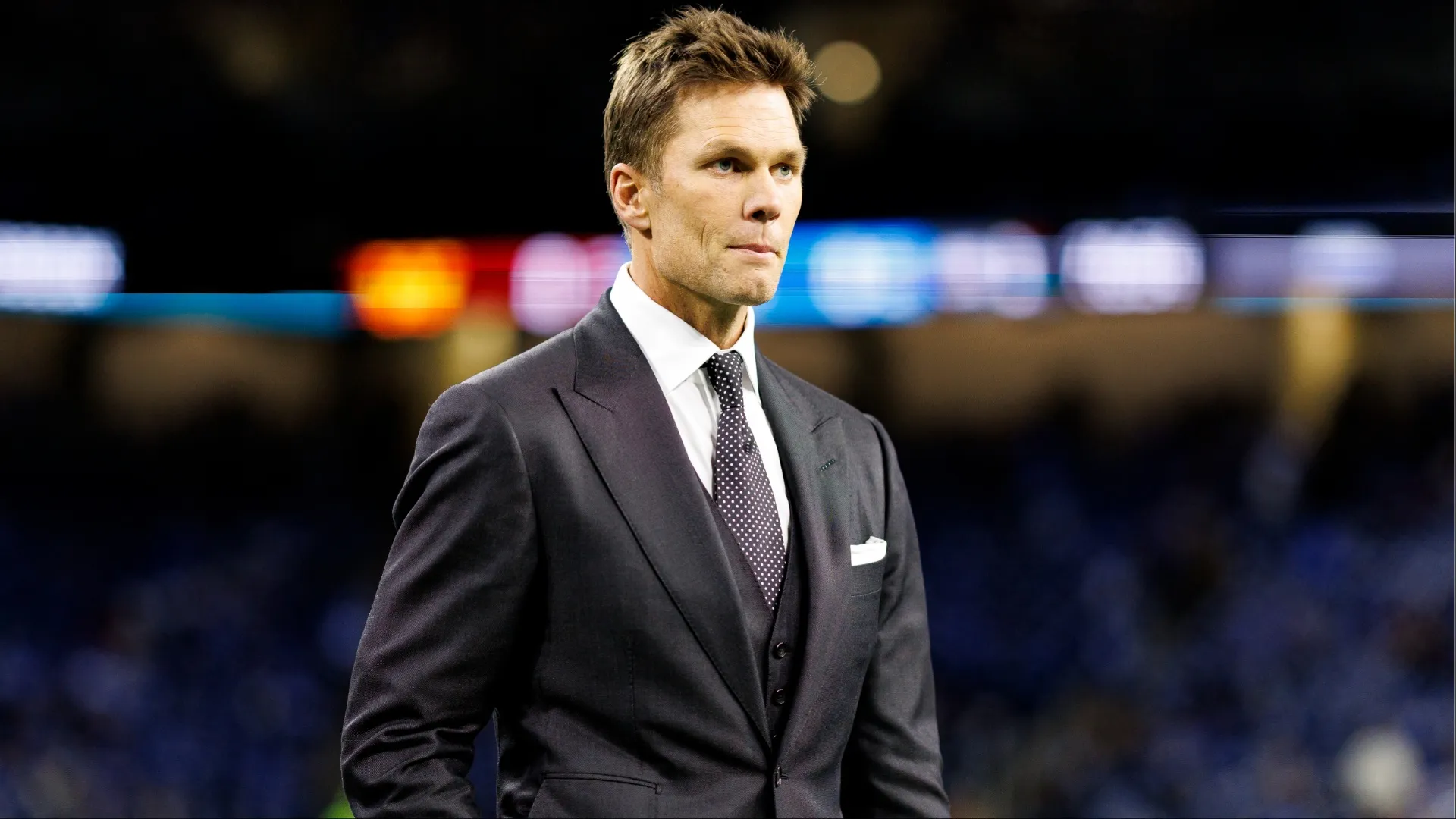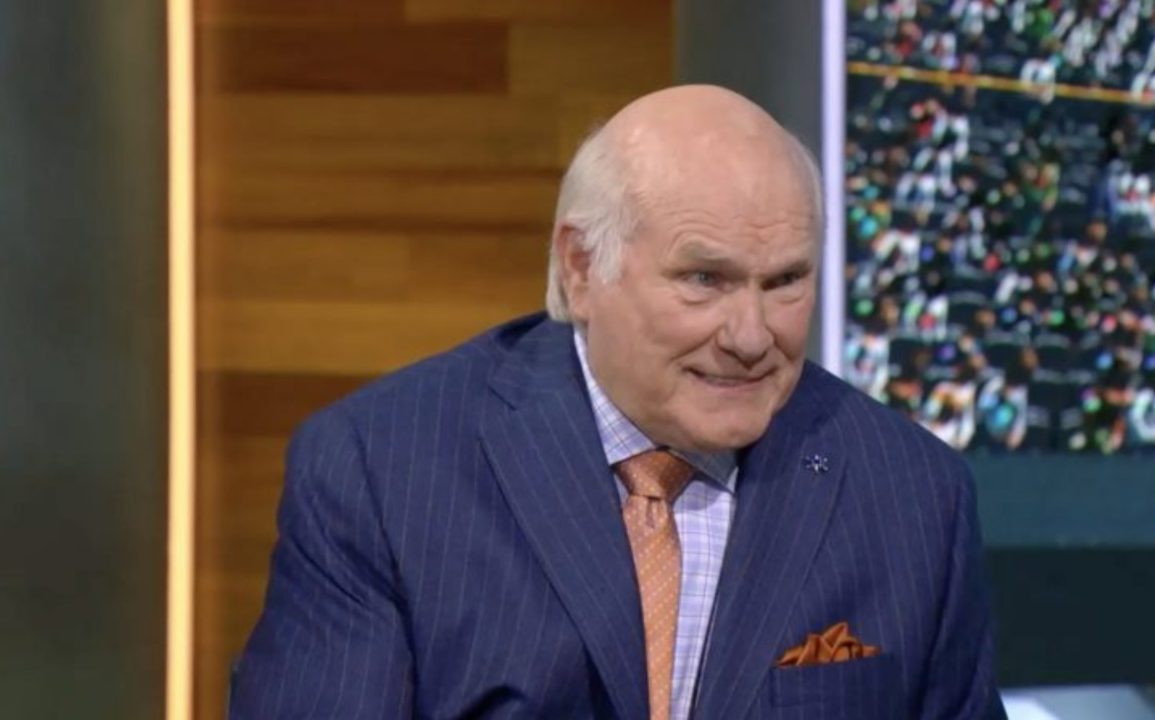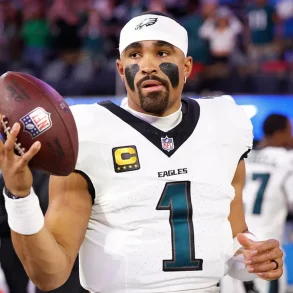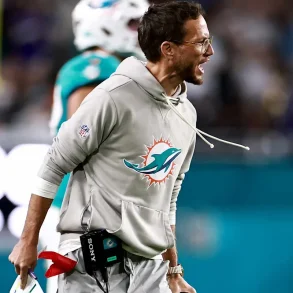Hall of Fame quarterback and longtime Fox Sports analyst Terry Bradshaw recently voiced his displeasure over the network’s massive contract with Tom Brady. Bradshaw, who has been with Fox since it began airing NFL games in 1994, made his comments during an appearance on To The Point – Home Services Podcast.
Referring to Fox’s $375 million, 10-year deal with Brady, Bradshaw sarcastically questioned the network’s financial priorities, noting how they claim to be “running a little tight” when he requests a raise. His tone suggested that he believes he has been undercompensated in comparison.
Bradshaw Questions Fox’s Priorities as Loyalty Takes Backseat to Star Power Hype
Bradshaw admitted he made some poor financial decisions in the past regarding his contracts, which may have left him in a weaker bargaining position today. However, his remarks imply a growing frustration with the disparity in treatment between long-serving contributors like himself and newcomers like Brady, who are rewarded handsomely despite lacking broadcasting experience.
The former Steelers quarterback seems to feel undervalued, especially given his decades-long loyalty and presence on the Fox team.

The choice to offer Brady such a lucrative deal has raised eyebrows in media circles. Many critics argue that Fox overpaid, especially in light of Brady’s lackluster debut as a broadcaster in 2024.
The consensus is that Fox prioritized celebrity over competence, investing in Brady’s name recognition rather than proven ability. Bradshaw’s comments align with this critique, highlighting a perceived imbalance between what Fox pays for “star power” versus what it invests in its veteran talent.
Brady Turns Fame Into Fortune While Media Favors Personality Over Proven Experience
Bradshaw’s remarks touch on a broader trend in sports media: the commodification of celebrity relationships. Tom Brady’s recent business successes — from airline partnerships to sports ownership deals — often stem from powerful people wanting to associate with a “cool friend.”
In Fox’s case, it appears they saw Brady as an asset not just for his football knowledge, but for the prestige and attention he brings. Bradshaw seems to be acknowledging this reality with some frustration, noting the shift from value-based to personality-driven decisions.
Ultimately, Bradshaw’s comments highlight Tom Brady’s remarkable skill in turning his public image into profit. From landing a minority ownership in the Raiders to inking high-profile endorsement deals, Brady has consistently shown he knows how to convert fame and personal connections into financial success.
While Bradshaw stops short of openly complaining, his point is evident: excelling on the field is one achievement, but mastering the art of self-promotion may be an even more powerful asset in today’s media-driven world.







